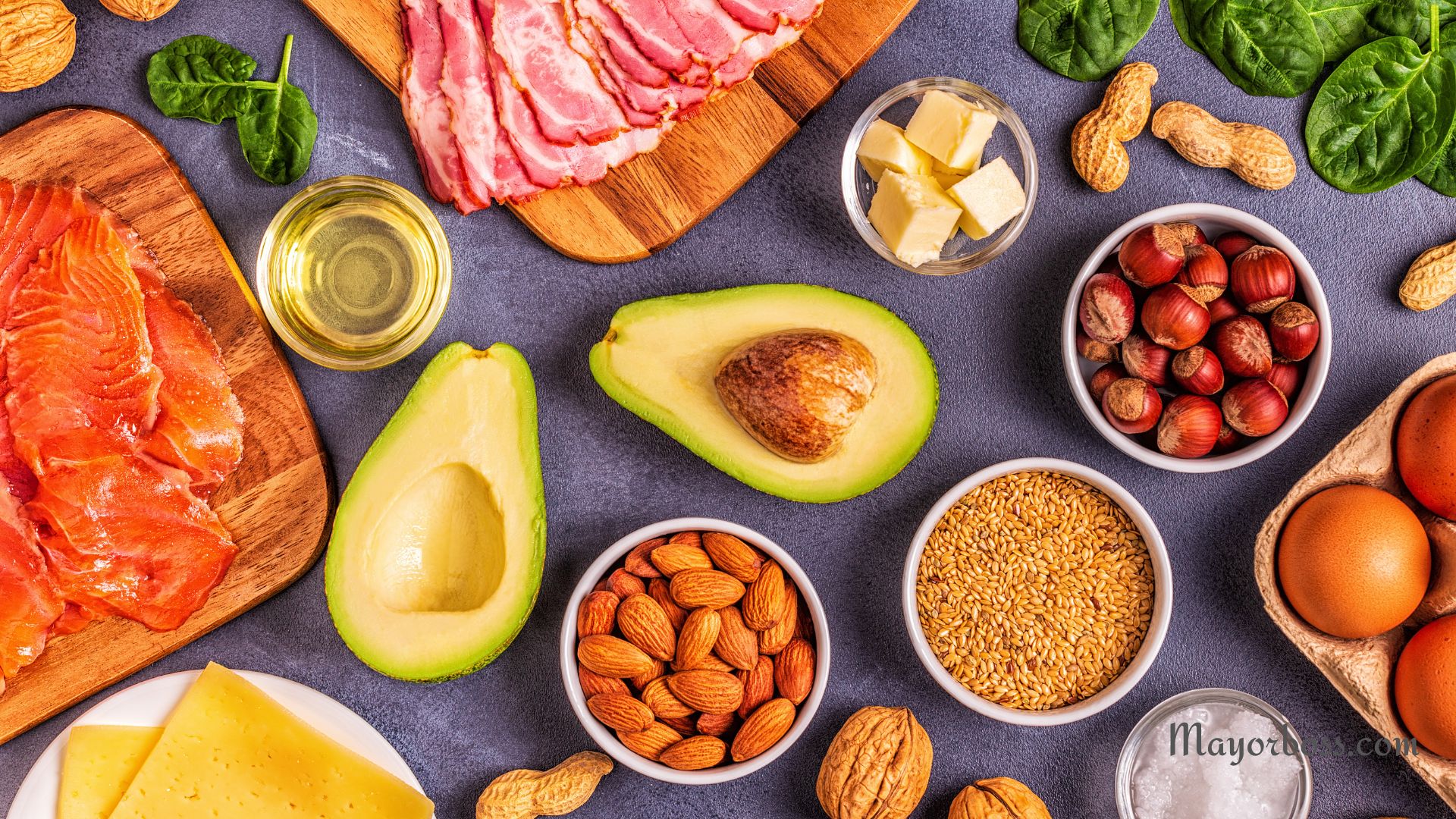Good Fat, Bad Fat: All You Need to Know
Understanding fats in your diet can be a bit confusing. You’ve probably heard about “good fats” and “bad fats,” but what does this really mean? Let’s break this down to make it easier to understand.

What are Fats?
Fats are a type of nutrient that your body needs for various functions, like energy and supporting cell growth. They also help your body absorb some vitamins and insulate your body to keep you warm.
Types of Fats
Let’s dive into the different kinds of fats: saturated, trans, monounsaturated, and polyunsaturated. Each has distinct health impacts.
Saturated Fats
Found in animal products and some plant oils like coconut and palm, saturated fats can increase your LDL (bad) cholesterol levels, heightening the risk of heart disease and stroke. However, when consumed in small amounts, they can fit into a balanced diet.
Trans Fats
These are the fats you want to avoid. Produced by hydrogenating oils, trans fats are common in processed and fried foods. They not only elevate bad cholesterol but also reduce good cholesterol, posing a significant risk to your heart health.
Monounsaturated Fats
These are healthy fats found in foods like olive oil, avocados, and various nuts. They’re known for their ability to lower bad cholesterol and are beneficial for heart health.
Polyunsaturated Fats
Polyunsaturated fats are essential fats, which means your body can’t make them and needs to get them from food. They are found in fish, walnuts, and flaxseeds, as well as sunflower, corn, soybean, and flaxseed oils. These fats include omega-3 and omega-6 fatty acids, which are beneficial for heart health and brain function.
The Importance of ‘Good’ Fats
Cardiovascular Benefits
Healthy fats, particularly monounsaturated and polyunsaturated fats, can significantly improve cholesterol levels and reduce heart disease risk.
Essential for Vitamin Absorption
Fats are vital for absorbing vitamins A, D, E, and K. These vitamins are fat-soluble, meaning they can only be absorbed with the help of fats.
Brain Health
Omega-3 fatty acids, a type of polyunsaturated fat, are particularly important for maintaining healthy brain function and cognitive abilities.
Hormonal Balance
Fats are essential for producing hormones. Hormones regulate many processes in your body, including growth, metabolism, and reproductive health.
How to Balance Fats in Your Diet
While you need fats in your diet, it’s important to choose the right types and amounts. Here are some tips:
- Choose Lean Protein: Opt for lean meats, poultry, and fish. Try to include fish in your meals a couple of times a week.
- Cook with Healthy Oils: Use oils like olive and canola oil for cooking instead of butter or lard.
- Eat More Nuts and Seeds: These are great sources of healthy fats. Add them to salads or yogurt, or have them as a snack.
- Limit Processed Foods: Processed foods often contain unhealthy trans fats, so try to eat more whole, unprocessed foods.
- Read Labels: Look out for “partially hydrogenated oils” on ingredient lists – this is just another name for trans fats.
- Moderation is Crucial: While good fats are healthy, they’re also high in calories, so moderation is important.
Key Takeaways
Fats are an indispensable part of a balanced diet, but it’s crucial to choose the right types. By focusing on healthy fats and limiting harmful ones, you can enhance your health and reduce the risk of various diseases. It’s all about informed choices and moderation in your fat consumption.
